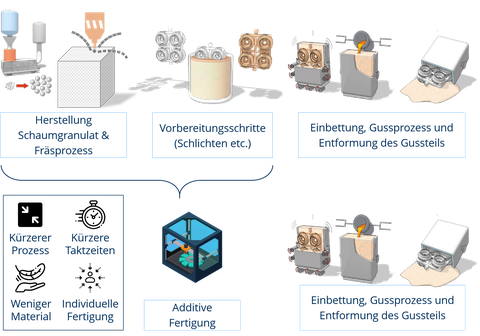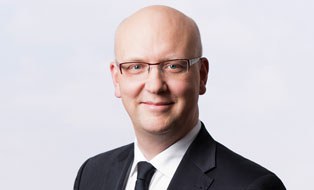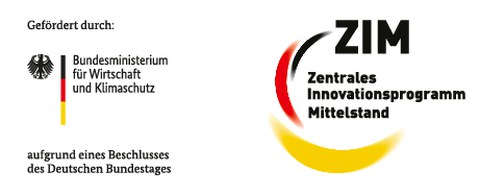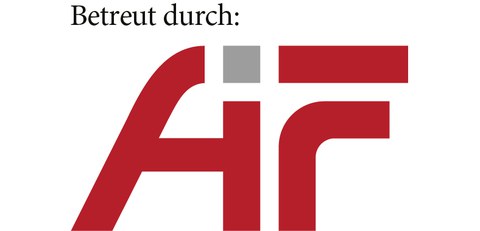GLoriA
Generatives Lost-Model-Verfahren für die CO2-reduziertein-situ Fertigung von Aluminiumgussbauteilen
Infolge globaler Herausforderungen wie dem Klimawandel und der zunehmenden Ressourcenknappheit müssen etablierte Prozesse dringend energieeffizienter und CO2-emissionsärmer gestaltet werden. Insbesondere für komplex gestaltete, individualisierte Leichtmetallstrukturen sind etablierte Fertigungsverfahren wie Fräsen oder Feinguss häufig klimatisch und wirtschaftlich nicht sinnvoll. Vor allem für Prototypen und Kleinserien bietet die Aluminiumsandgusstechnologie mit dem sogenannten Lost-Foam-Verfahren eine effiziente Alternative. Dabei wird ein gefrästes Modell aus Polystyrol in einer Sandform positioniert, während des Eingießens der Aluminiumschmelze zersetzt und die Modellgeometrie abgeformt. Allerdings besitzt dieses Verfahren hinsichtlich Taktzeiten, Oberflächenqualität und Umweltverträglichkeit Optimierungspotenzial. Ziel des Vorhabens GLoriA ist daher die Entwicklung einer flexiblen Produktionskette (siehe Abb.) zur kostengünstigen und ökologischen Herstellung individualisierter Gussbauteile. Dazu muss zunächst ein neuartiges biobasiertes Kunststoffgranulat und eine gussprozessangepasste Druckstrategie zur nachhaltigen additiven Modellfertigung entwickelt werden. Begleitend wird die Einbindung von Biokunststoff-Rezyklaten und deren Auswirkungen auf die Prozesseigenschaften in einer Kreislaufstrategie betrachtet. Gegenüber dem konventionellen Lost-Foam-Verfahren soll bei geringerer Taktzeit und verbesserter Oberflächenqualität eine CO2-Einsparung von bis zu 50 % erzielt werden.

Gegenüberstellung: klassisches Lost-Foam-Verfahren (oben) zur GLORIA-Prozesskette (unten) – Schritte von der Schaumgranulatherstellung, Fräsprozesse & Modellvorbereitung sollen durch additive Fertigung mit nachhaltigem Biokunststoff ersetzt werden.
01.11.2024 – 31.10.2026
Bundesministerium für Wirtschaft und Klimaschutz (BMWK): Zentrales Innovationsprogramm Mittelstand (ZIM)
Förderlinie: "ZIM FuE-Kooperationsprojekt"
Förderkennzeichen: KK5047611HD4
AiF Projekt GmbH, Tochter der Arbeitsgemeinschaft industrieller Forschungsvereinigungen "Otto von Guericke" e.V. (AiF)
 © Christian Hüller
© Christian Hüller
Professur für Funktionsintegrativen Leichtbau
NameProf. Dr.-Ing. Niels Modler
Eine verschlüsselte E-Mail über das SecureMail-Portal versenden (nur für TUD-externe Personen).
Institut für Leichtbau und Kunststofftechnik
Besucheradresse:
DÜR, Etage 0, Raum 69 Holbeinstr. 3
01307 Dresden
Deutschland
- Paul Seurich (Sonderwerkstoffe und -verfahren)
Publikationen Paul Seurich | TU Dresden
- Johanna Maier (Sonderwerkstoffe und -verfahren)
Publikationen Johanna Maier | TU Dresden



